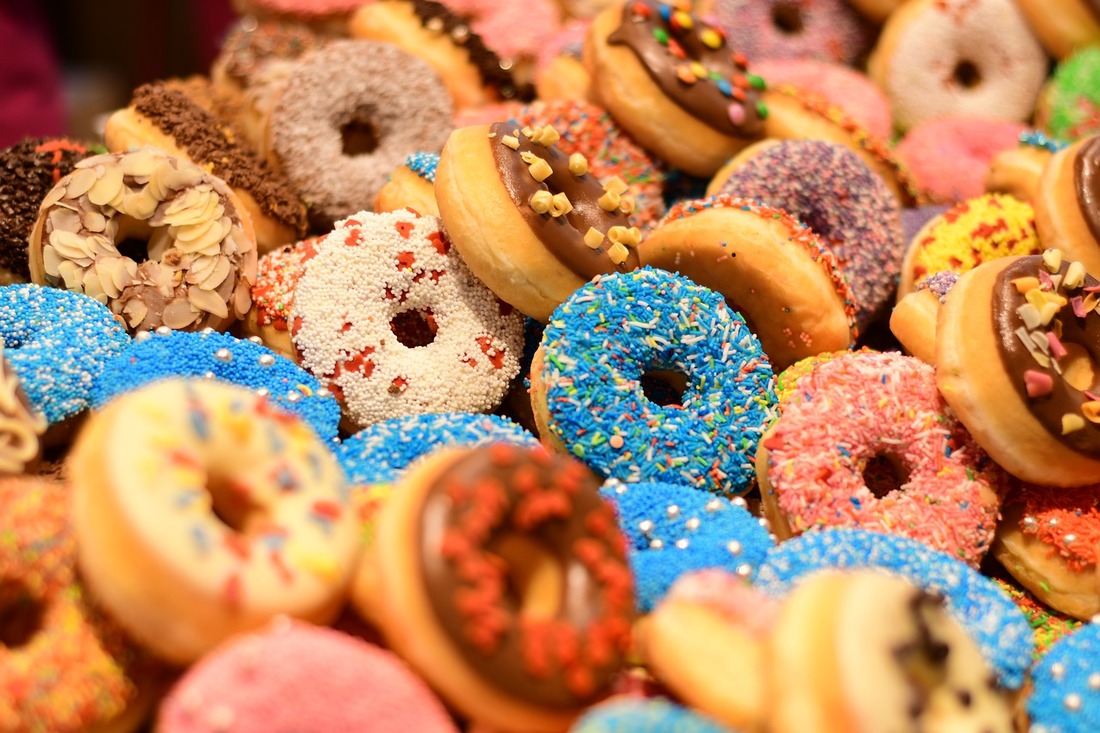Ronit Mor, NDToo much of anything can be bad for your health, sugar included. While a healthy diet contains a significant amount of naturally occurring sugar (in fruits and vegetables, for example), the problem is that we're chronically consuming much more added sugar in processed foods. So, what happens when the brain is exposed to excessive amounts of sugar as is the case with the Standard American Diet (SAD)? In this case, more is definitely not better. Excess sugar consumption has long been linked to weight gain, and the development of obesity and lifestyle diseases such as heart disease and diabetes. Studies of long-term diabetics also confirm progressive brain damage leading to deficits in learning, memory, motor speed, and other cognitive functions.
The brain uses more energy than any other organ in the human body. In fact, brain cells require two times the energy needed by all the other cells in the body. This energy is derived from glucose (blood sugar). Sugar is not the brain's enemy, added sugar is! Your Brain On Sugar In the brain, excess sugar impairs both our cognitive skills and our self-control. A 2013 study found that frequent exposure to high glucose levels diminishes mental capacity, as higher HbA1c levels have been associated with a greater degree of brain shrinkage and decreased cognitive performance. Even in those without diabetes, higher sugar consumption is associated with lower scores on tests of cognitive function. And, when it comes to Alzheimer’s, researchers found that higher brain glucose levels may mean an increase in severity of the disease. Worst yet, sugar has drug-like effects in the reward center of the brain. Numerous studies on brain activity have provided evidence supporting the idea that sweet foods alter the brain’s reward system to produce addiction-like effects in the human brain, driving the loss of self-control, overeating, and subsequent weight gain. Over time, a diminished reward response in the brain drives to consumption of greater amounts of added sugar and a progressively worsening addiction to low-nutrient foods rich in sugar, salt, and fat. DID YOU KNOW: A 2007 study found that found that “intense sweetness can surpass cocaine reward, even in drug-sensitized and -addicted individuals.” The authors of this study suggest that the excess stimulation of the reward center of the brain by sugar-rich diets, such as SAD, would generate an abnormal reward signal in the brain, with the potential to override self-control mechanisms and thus to lead to addiction. What You Can Do to Break This Vicious Cycle Any sugar added in your food is detrimental. You may avoid the consequences by satisfying your sweet tooth with fresh fruit and vegetables. Some of the best choices are:
So, next time you’re tempted to reach for a cookie or that last doughnut on the tray, opt for fresh fruits and vegetables instead. Natural sugars still taste sweet and provide the fuel you need to maintain optimal brain health. Comments are closed.
|
Archives
October 2022
Categories
All
|
|
FOLLOW US
|
RESOURCES
|
©2020-2024 Ronit Mor LLC. ALL RIGHTS RESERVED
All statements on this website have not been evaluated by the Food and Drug Administration. The content of this website is not intended to diagnose, treat, cure, or prevent any disease.
All statements on this website have not been evaluated by the Food and Drug Administration. The content of this website is not intended to diagnose, treat, cure, or prevent any disease.


 RSS Feed
RSS Feed
